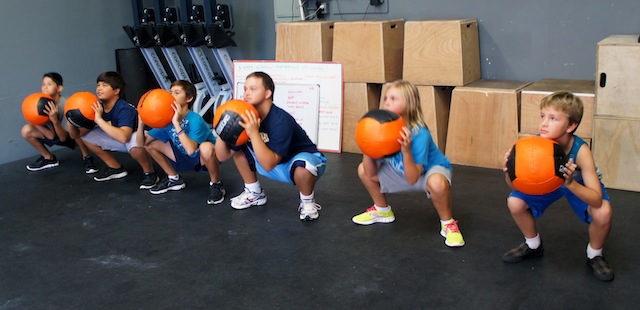
Parenthood is a wild ride, isn’t it? One moment you’re marveling at your little one’s first giggle, and the next, you’re mastering the art of the midnight diaper change.
But amidst the joy and chaos, there’s also a fair share of worries, especially when it comes to their health.
And in the world of pediatric care, one term that might have caught your attention recently is Respiratory Syncytial Virus (RSV).
What is RSV?
Respiratory Syncytial Virus, or RSV, is a common virus that affects the respiratory tract.
Most of us have had it by the time we turn two, but for infants and very young children, it can be more serious.
It’s the leading cause of bronchiolitis (inflammation of the small airways in the lung) and pneumonia in children under one-year-old in the United States.
Why Should Parents Be Concerned?
Because RSV symptoms resemble those of a cold, it can easily be mistaken for a less severe illness.
However, in infants and young children, especially those with underlying health conditions or premature birth, RSV can lead to severe respiratory issues requiring hospitalization.
When to Seek Medical Attention
If your child shows signs of difficulty breathing, dehydration, or a significant decrease in activity levels, it’s crucial to seek medical attention immediately.
Trust your parental instincts—if something feels off, it’s better to be safe and consult a healthcare professional.
The Importance of RSV Testing
RSV testing can confirm whether the virus is causing your child’s symptoms, which can be helpful for appropriate treatment and care.
Knowing it’s RSV can also prevent unnecessary use of antibiotics, which won’t help against a viral infection, and assist in avoiding complications.
Types of RSV Tests
Here’s a quick rundown of how RSV testing is typically conducted:
- Nasal Swab: This is the most common method. A healthcare provider will take a sample of nasal secretions using a swab.
- Nasopharyngeal Aspiration: This involves suctioning a sample from the nose with a saline solution. Sounds fancy, but it’s just as quick as it sounds.
- Rapid RSV Antigen Test: Results from this test can often be available within an hour.
- RSV Molecular Test: This PCR-based test is more sensitive and may be used if the rapid test results are negative but symptoms are suggestive of RSV.
What to Expect During Testing
While the idea of someone sticking a swab up your child’s nose isn’t exactly comforting, the process is quick and generally not painful—more uncomfortable than anything else.
You might see some tears, but it’ll be over before you know it.
Treatment and Care
There’s no cure for RSV, but there are ways to manage symptoms and help your child feel better:
- Hydration: Keep your child well-hydrated.
- Humidifier: A cool-mist humidifier can help ease breathing.
- Nasal Suctioning: Use a bulb syringe for infants to clear nasal passages.
- Medications: While antibiotics won’t work on RSV, over-the-counter fever reducers and pain relievers (for children older than six months) can help alleviate symptoms.
Empathy for Fellow Parents
Navigating the world of childhood illnesses can feel like learning a new language on top of everything else parenting throws at you.
The good news?
You’re not alone. Countless parents are in the same boat—Googling symptoms, calling healthcare hotlines, and ensuring their little ones stay healthy.
It’s okay to feel overwhelmed because parenthood is one part joy and one part sheer terror, often mixed together in the same day.
Community Support
Remember, there’s a community out there, from online forums to local parent groups, offering support and advice.
Lean on them.
Share your experiences and listen to theirs. Sometimes, just knowing someone else has been through it can be incredibly reassuring.
RSV might sound intimidating, but understanding it, recognizing the symptoms, and knowing what to do can make a significant difference. With the right knowledge and support, you’ll be well-equipped to handle whatever the RSV season throws your way.

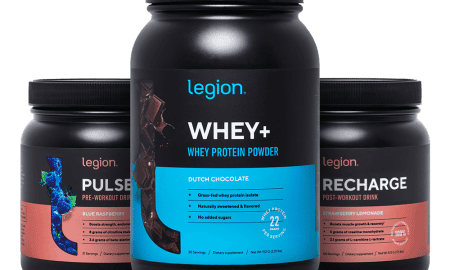

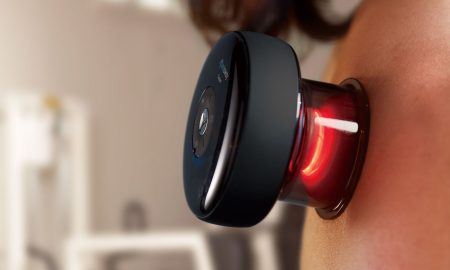
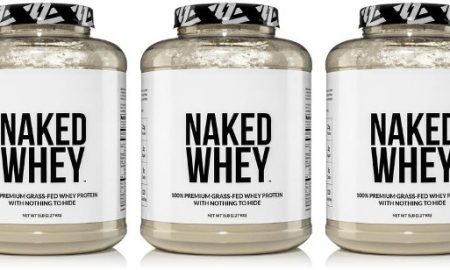











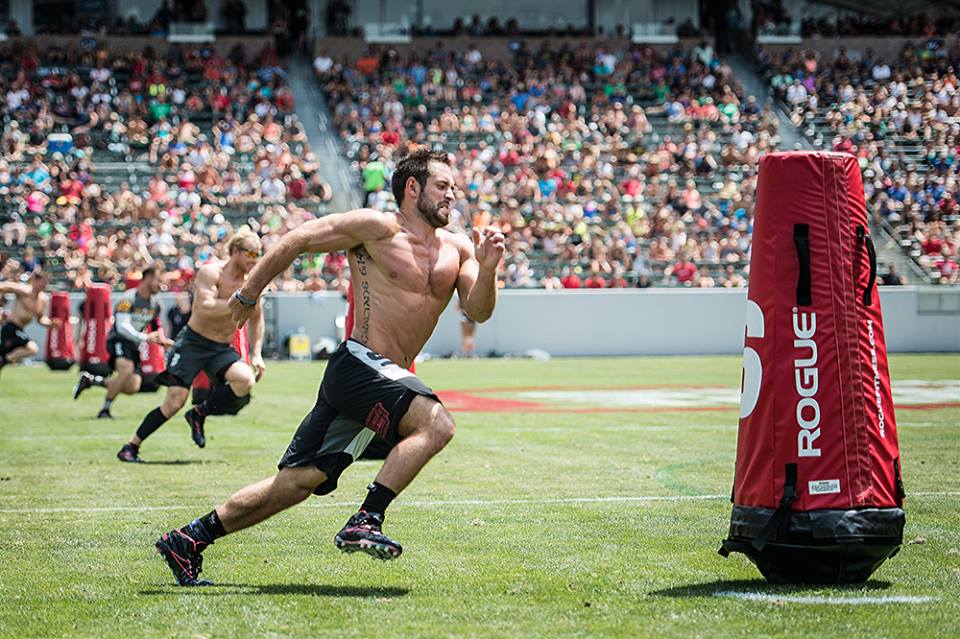

Follow Us